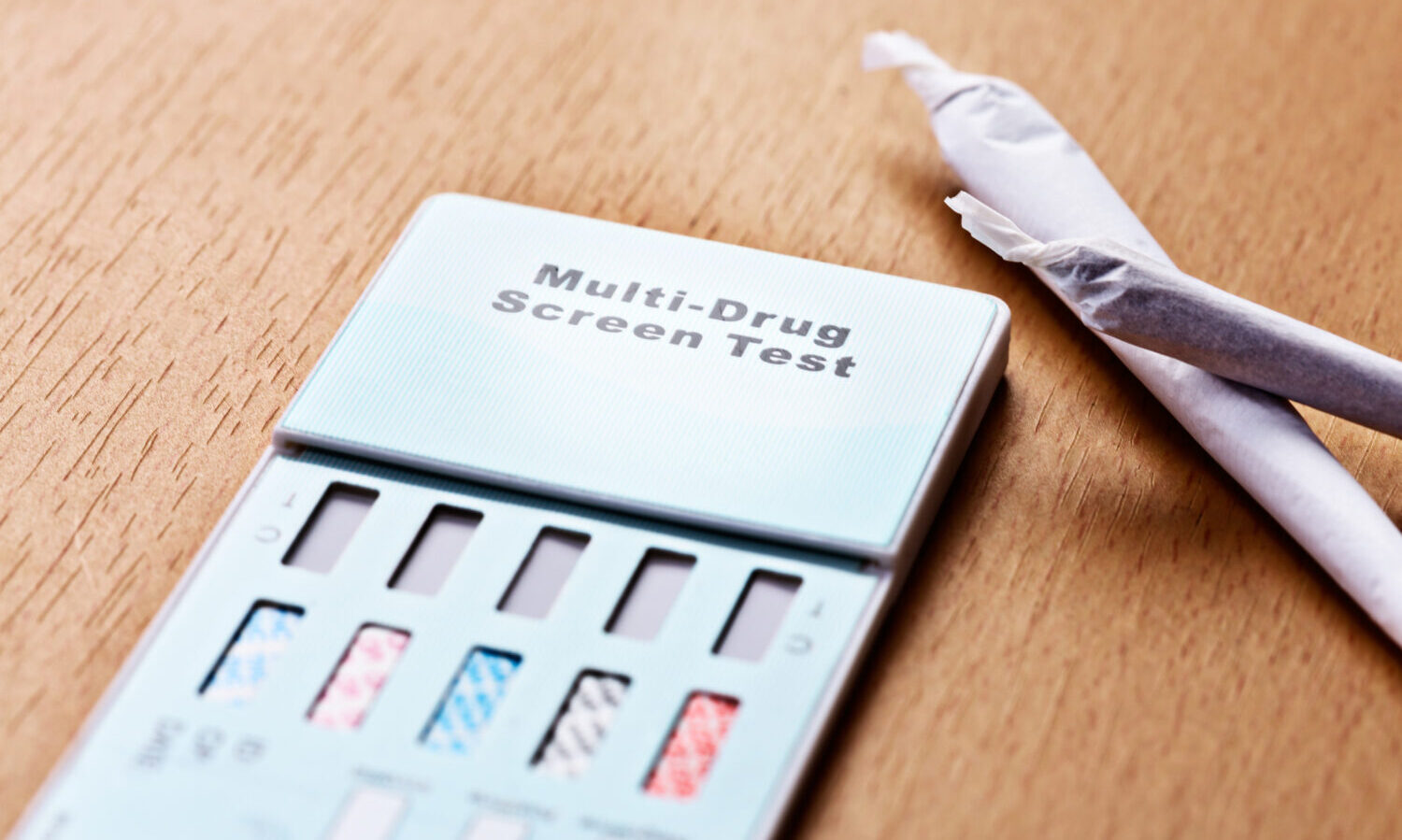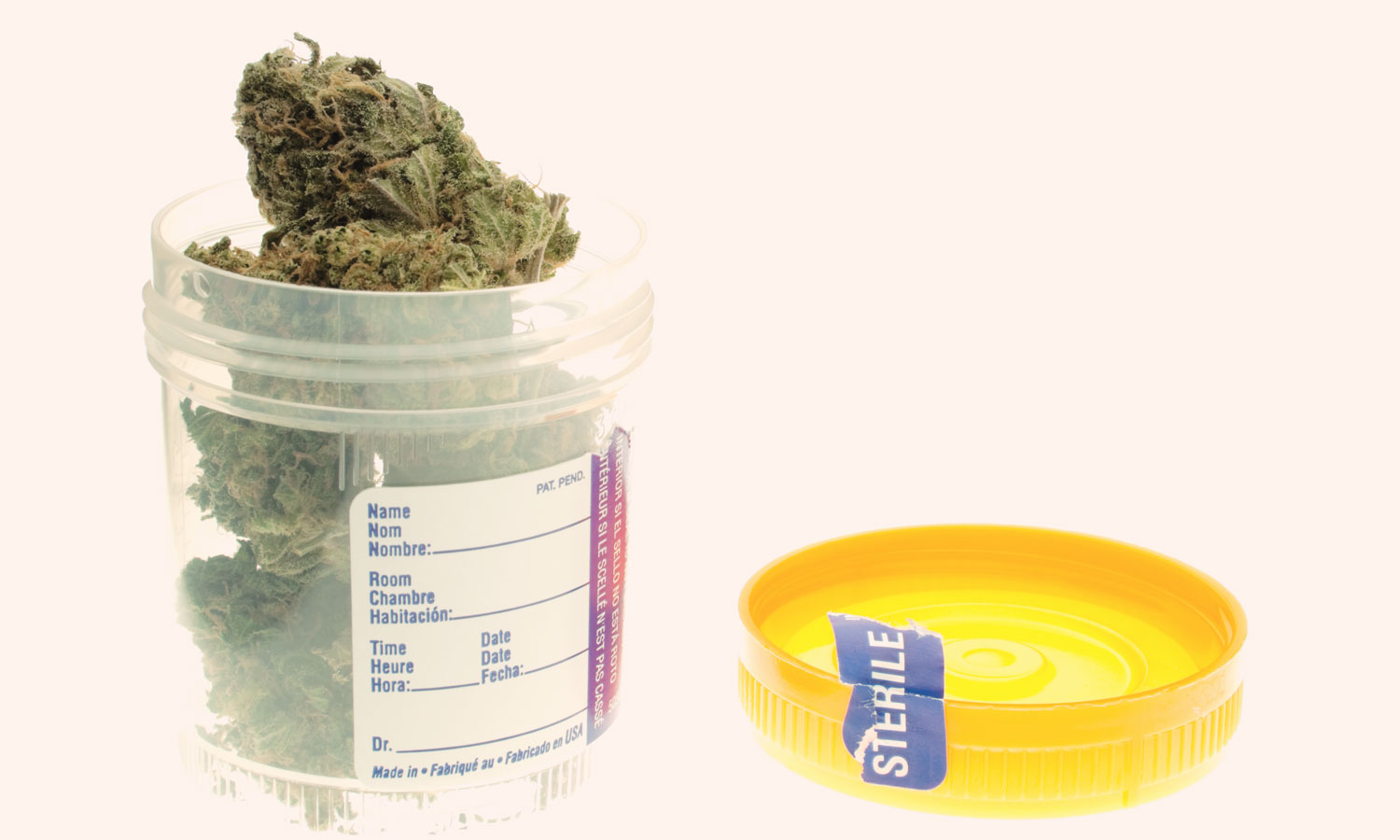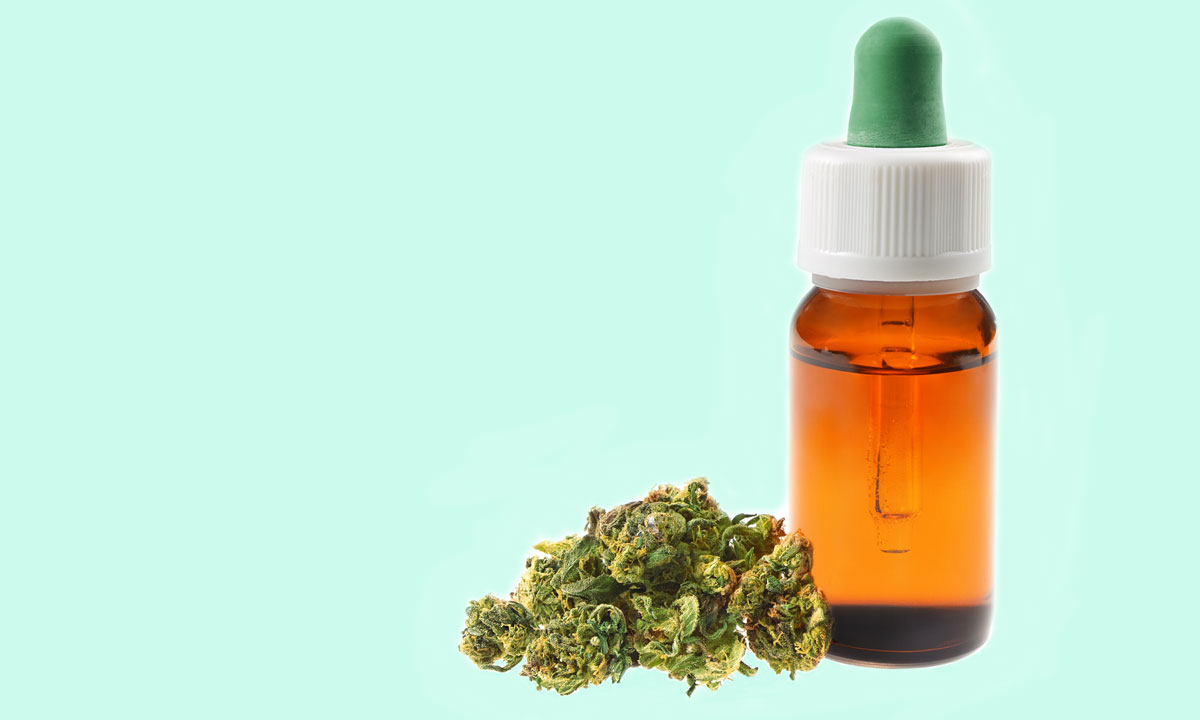
Will CBD show up on a drug test?
Since hemp was legalized in 2018, more Americans are turning to hemp-derived cannabidiol (CBD) to improve their overall health and well-being. Recent statistics show that one in three Americans has tried a CBD product, with the majority of users being between the ages of 18 and 29. However, the close relationship between CBD, which is legal at the federal level, and THC, which is not, poses a challenge for CBD users in the workspace. Will CBD show up on a drug test?
Most workplaces, including major sports leagues, have strict anti-drug policies and subject employees to frequent drug testing. Failing a drug test can have serious consequences, such as: B. a suspended sentence or even the loss of a job opportunity or career. So it’s not surprising that many people are concerned about CBD showing up on a drug test.
The truth is that CBD is very unlikely to show up and cause you to fail a drug test. CBD is chemically different from the psychoactive cannabinoid THC, which is typically screened for in most drug tests. As such, having CBD in your system should not be a cause for concern unless the CBD product contained some THC. Therein lies the challenge. Even negligible amounts of THC can be detected by some drug tests.
The quality of most CBD products on the market leaves a lot to be desired. Some CBD products are made from marijuana and contain high levels of THC. While a third-party review should pick this up, some CBD products don’t undergo independent testing, while others have product labels that are misleading. It’s easy to think that a CBD product contains zero THC when actually it contains significant amounts of THC.
False positive results for THC can also occur in drug tests. This happens when a test incorrectly shows the presence of THC.
Photo by KLH49/Getty Images
How do (marijuana) drug tests work?
Marijuana drug testing uses biological samples, such as saliva, urine, blood, or hair, to test for the presence of THC in the body. The most common drug test is the five-panel test, which tests for the presence of active metabolites of PCP, cocaine, marijuana, opiates, and amphetamines. The nine-panel test examines additional drugs, including barbiturates and benzodiazepines.
Urine is the most commonly used biological sample in drug testing. However, simpler tests using oral liquids have now become commonplace. They are non-intrusive, easy to use and provide instant results. Most marijuana tests have a cut-off value of 50 ng/mL. This means that if the THC level exceeds this level, a test will be positive. However, some tests only detect 15 ng/ml THC.
What is the difference between drug screening and drug testing?
The two terms are often used interchangeably, but actually mean different things. Drug screening involves fast and efficient tests that provide immediate results. They confirm the presence of a drug; it is either present in a sample or absent. They’re also relatively affordable, but may not be as accurate. As such, they are primarily used to confirm the presence of a drug, but are usually followed up with a drug test if the screening result is positive.
RELATED: A Record Number of Americans Fail Drug Tests Due to Weed, So What’s the Answer?
Drug tests are more accurate than drug screening. They also require a longer wait time as the sample is sent to the lab for specific tests that provide detailed information. Drug testing is often used to confirm the results of a drug screening.
Will CBD show up on a drug test?
Drug tests look for THC, the psychoactive compound in cannabis sativa, rather than CBD, which is non-psychoactive. Therefore, CBD should not show up on a drug test.
Most CBD products contain small amounts of THC. CBD derived from legal hemp should not exceed 0.3% THC. However, some drug tests are very sensitive and will pick up trace amounts of THC and therefore give a positive result. In such a case, it may be necessary to run a special drug test that will show the exact amount of THC in one’s system. A false positive result is recorded when a test incorrectly selects THC.
Causes of false positive results
Getting a false positive after consuming a CBD product can be pretty scary. However, you don’t have to worry if this happens to you. If you are confident that you have not used a marijuana product, but still test positive, you have the right to request a repeat test. Here are some reasons why you might get a false positive result after consuming CBD:
- Taking a CBD supplement with high levels of THC
- Certain medications can give false positive results for marijuana. These include NSAIDS, efavirenz, pantoprazole and dronabinol.
- Consuming a CBD product contaminated with THC
- Inhaling second-hand marijuana smoke in an enclosed space
 Photo by 400tmax/Getty Images
Photo by 400tmax/Getty Images
How to avoid false positives
False positive results do not occur frequently. They only occur in about 5-10% of cases. Here are three things you can do to avoid false positives.
Buy CBD products from a reputable source
Reputable CBD suppliers will subject their products to third-party testing. The independent testing certificate of analysis should show the exact THC concentration in the CBD product. You should not buy CBD products with a THC content greater than 0.3% or without third-party test results.
Avoid medication before the drug test
If you can avoid taking medication before the drug test, do so. Otherwise, you can contact your pharmacist to let them know that you will be taking a drug test and therefore they should eliminate or replace drugs that can trigger false positive marijuana test results.
CBD isolate versus broad spectrum versus full spectrum
CBD products come in three forms; isolate, broad spectrum and full spectrum. CBD isolate contains pure CBD without THC. This is the ideal form of CBD to take if you want to do a drug test. Broad spectrum CBD does not contain THC, but it may contain THCA, which converts to THC when exposed to heat. Full-spectrum CBD contains small amounts of THC. If you are a regular full-spectrum CBD user and have a slow metabolism, you could be giving a false positive for marijuana. But here, too, the chances of this happening are very slim.
 Photo by Morrison1977/Getty Images
Photo by Morrison1977/Getty Images
Will consuming CBD cause me to fail a drug test?
It is highly unlikely that consuming CBD will cause you to fail a drug test. Standard drug tests look for the psychoactive cannabinoid called THC, which causes the typical marijuana high. Therefore, drug tests should not return positive due to the presence of CBD.
RELATED: CBD might not make you fail a drug test, but CBN might
However, you should be careful with CBD products that contain THC, as they can cause you to fail a drug test. Always check third-party test results to ensure THC concentrations do not exceed 0.3%. A surefire way to be on the safe side when consuming CBD products is to make sure it doesn’t contain THC.
Some medications can also trigger false positive results. In very unlikely cases, secondhand smoke from a marijuana smoker could be the reason you fail a drug test. If you are in doubt about your drug test results, always request a repeat test and tell the employer all the reasons why you might have false positive results.
This article originally appeared on MyCannabis.com and has been republished with permission.

Post a comment: